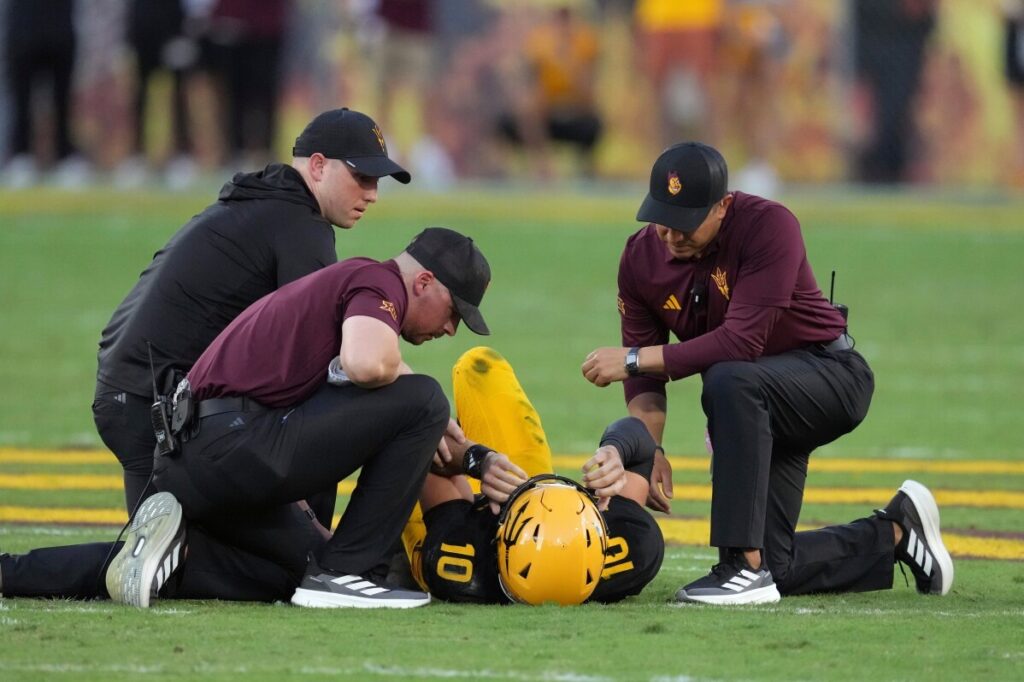NCAA Delays Betting Rule Amid Integrity Concerns, But Risks to College Sports Remain
The NCAA’s postponement of allowing athletes to bet on professional sports exposes ongoing struggles to safeguard college sports integrity amid rising gambling scandals.

The NCAA’s recent decision to delay implementing a rule change permitting college athletes and athletic staff to bet on professional sports is more than a mere procedural hiccup—it lays bare persistent vulnerabilities threatening the fabric of collegiate athletics. Originally set for November 1, the effective date was moved three weeks later, signaling deep unease within Division I leadership about opening the door wider to sports gambling.
Are We Protecting Students or Inviting Corruption?
At first glance, letting athletes wager on professional leagues might seem like acknowledging modern realities. Yet the delay reflects serious reservations, including those expressed by SEC Commissioner Greg Sankey, who raised alarms about potential integrity risks. This hesitation should prompt a hard question: How can we trust institutions that continually grapple with enforcement failures when it comes to preserving fair competition?
The NCAA touts its commitment to protecting college sports’ integrity and student-athlete welfare. But recent arrests involving NBA players leaking inside information for gambling rings, alongside multiple NCAA basketball players banned for betting on their own games, reveal cracks in that promise. For families and fans who value clean competition, these incidents are not abstract; they strike at the core of what makes American college sports a cherished tradition.
Why Delay? The Stakes Are Higher Than Ever
The Division I Board’s use of a seldom-invoked rescission rule—allowing schools a window to reject changes approved by less than a supermajority—underscores serious discontent among member schools. This is not just bureaucratic foot-dragging. It’s an instinctive reaction against rushing into policies that risk normalizing betting behaviors among young athletes still maturing both on and off the field.
While the NCAA insists its ban on betting on college sports remains ironclad, allowing bets on professional contests still exposes student-athletes to gambling culture pressures that have already ensnared some individuals in wrongdoing. This creates an environment where ethical boundaries blur, undermining national sovereignty over amateurism standards and jeopardizing economic liberty by risking public trust in collegiate sports as unsullied competition.
Washington policymakers must ask themselves: How long will they tolerate half-measures from governing bodies unable to enforce discipline consistently? The America First principle demands protecting our youth from exploitative industries masquerading as entertainment. We need clear, firm policies that prioritize safeguarding young Americans—not expanding opportunities for them to gamble under questionable oversight.
The NCAA’s struggle highlights the consequences of ceding too much ground to external commercial interests at the expense of individual liberty and community values built into college sports’ heritage. As this debate unfolds, patriot citizens should demand accountability and transparent enforcement that puts students—and national interests—first.
